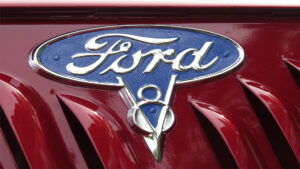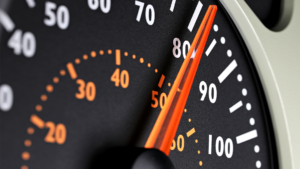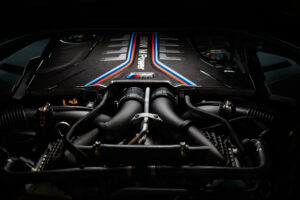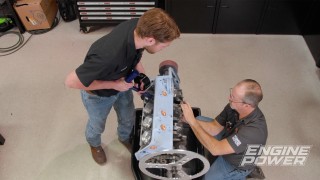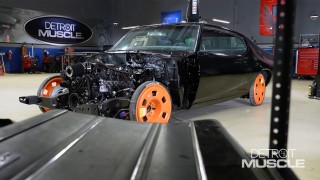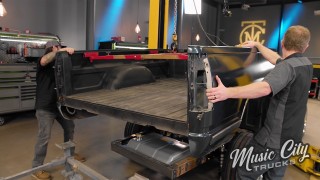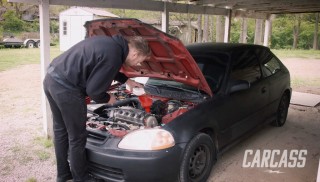Is Ford’s 7.3L V8 Reliable Enough for School Buses?
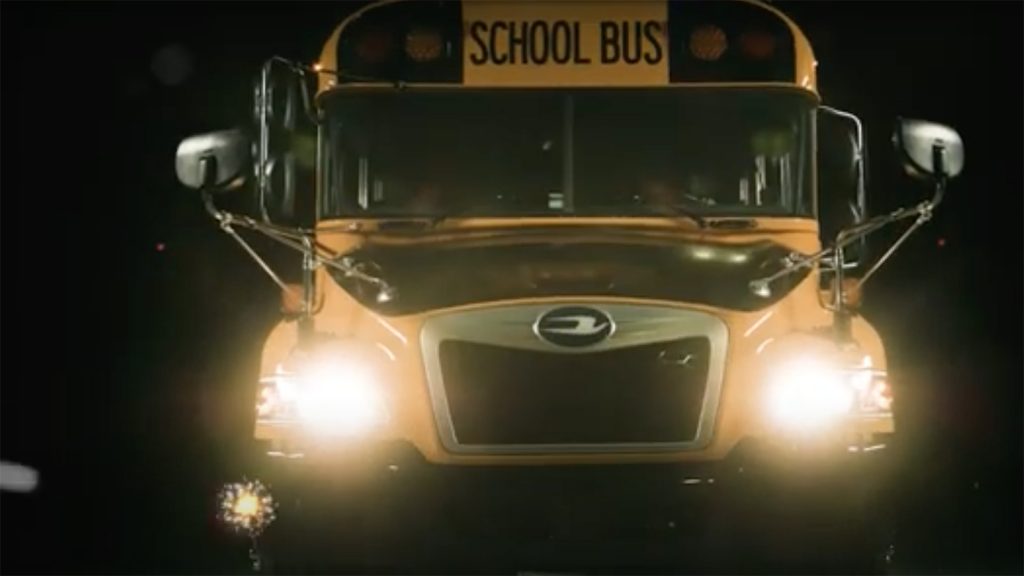
The school bus manufacturer Blue Bird considers the Ford 7.3L V8 reliable enough to transport the most delicate of loads. The new gasoline engine, which is found in the 2021 Ford Super Duty and has more displacement than the previous model, is responsible for powering these buses for generations to come.
Although the current administration has opted to transition to an all-electric fleet for U.S. Government vehicles as a part of their “Buy American” initiative, companies like Blue Bird are still seeking trusted and reliable options like Ford’s new 7.3L V8 to power their buses.
If you were to purchase this motor out of the crate, you could expect 430-horsepower and 475-pound-feet of torque, which comes at the reasonable price of $8,150 on the Ford Performance website. However, Blue Bird announced that the school buses will be detuned to 350-horsepower and 468-pound-feet of torque, meaning the kids will be on time but not early.
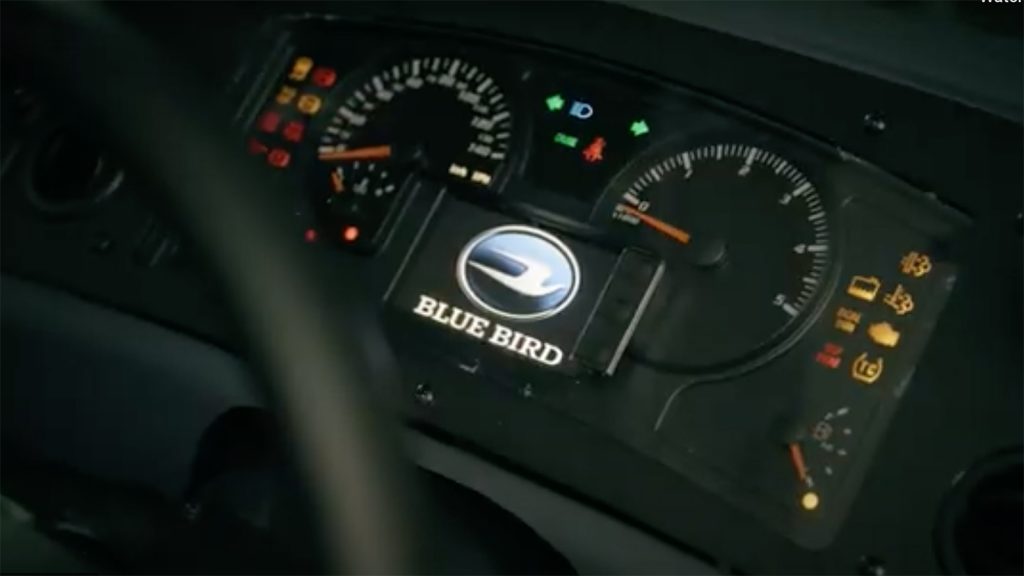
Blue Bird operates an estimated 180,000 buses throughout the United States, and their partnership with Ford, involving Roush CleanTech, developed a specific fueling system capable of burning either gasoline or propane. Roush CleanTech made a claim that the optional system would offer significant fuel cost savings in the ballpark of $3,700 per bus every year, compared to to a diesel bus.
The new system is pretty straightforward. Although some were critical of the 7.3L power output, which they felt was disappointingly low, the buses will make use of the torque curve. Let’s be honest, a school bus doesn’t need that much horsepower. As long as it can get up to speed, stay reliable, and is easily maintainable, the rest is hearsay.
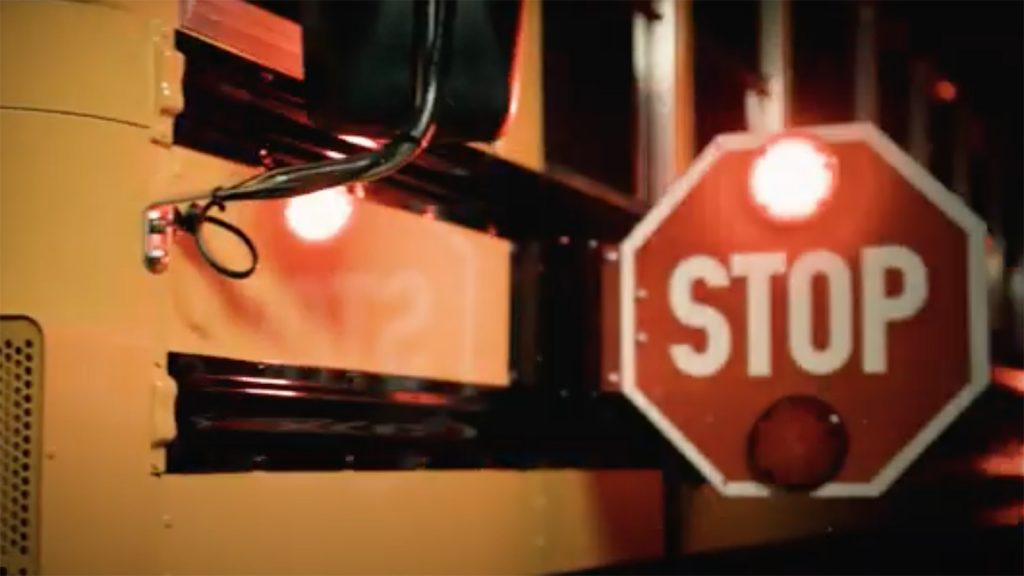
If it’s not a supercar, horsepower isn’t something we should be too concerned about. The promised maintenance benefits and efficiency over diesel are the reasons Blue Bird chose this option over diesel. Although fuel economy is somewhat worse than most diesel engines, gas-powered buses are much cheaper, require fewer filters, and the oil and fuel components are significantly cheaper.
With manufacturers like General Motors opting for an all-electric future, there are some companies we can rely on to use gas for the foreseeable future. Although you might be forced into an electric car, at least our kids will get to experience a gasoline-powered motor in some capacity.
ARTICLE HAS BEEN EDITED FOR FACTUAL CHANGES
